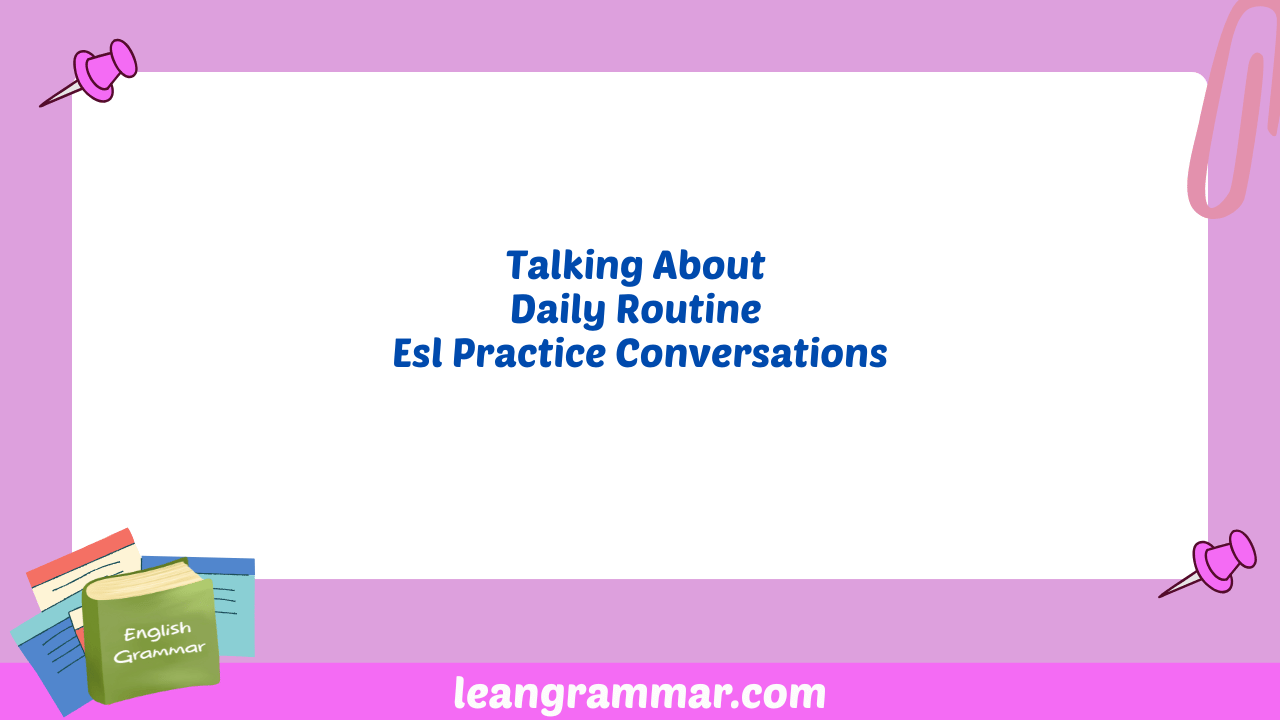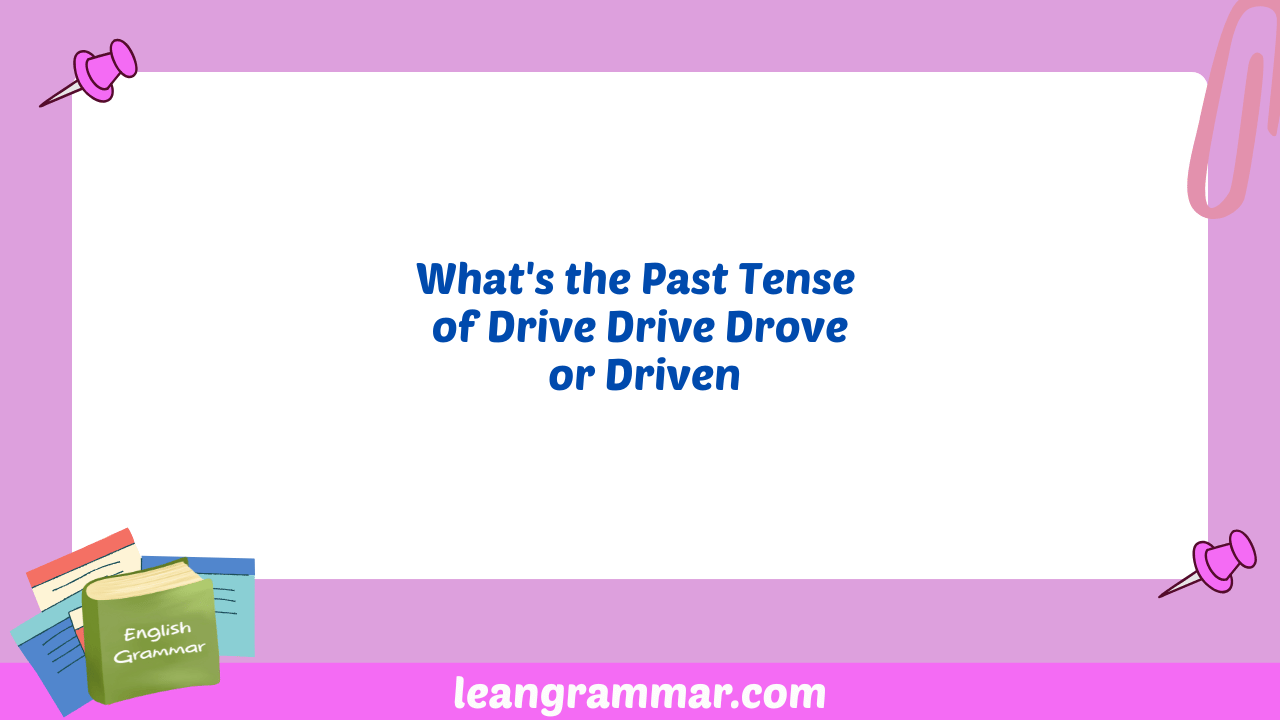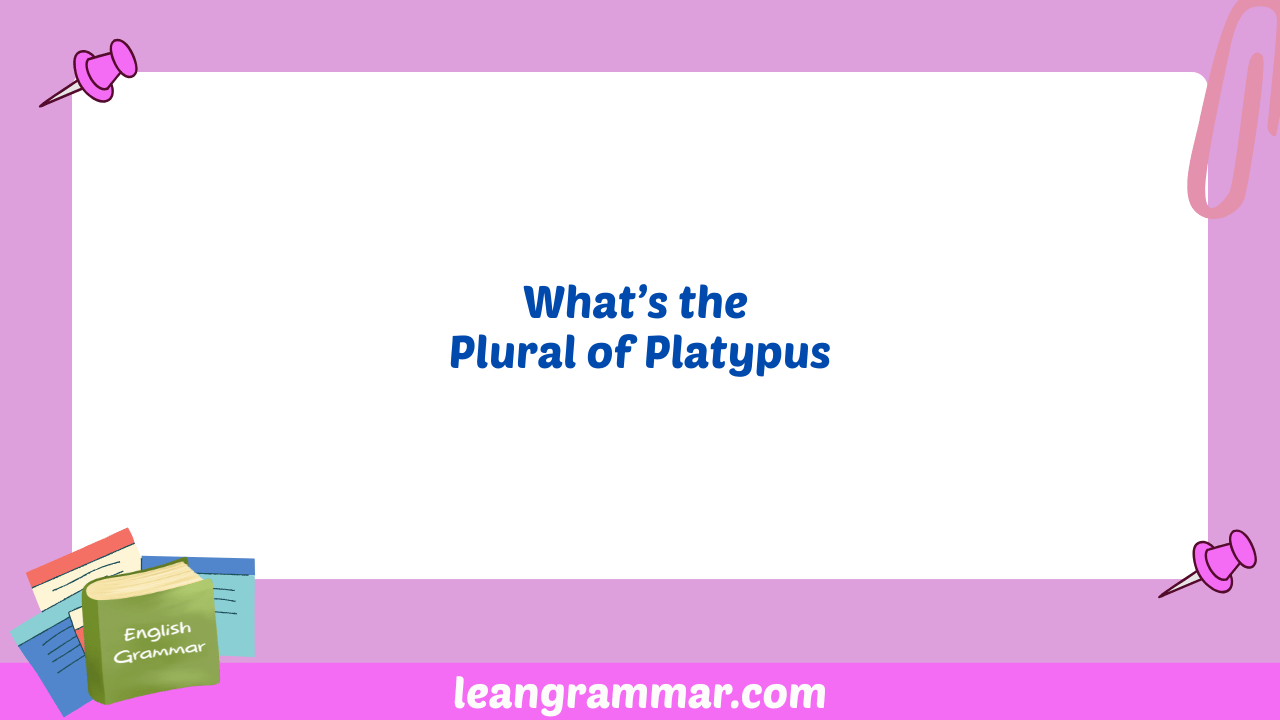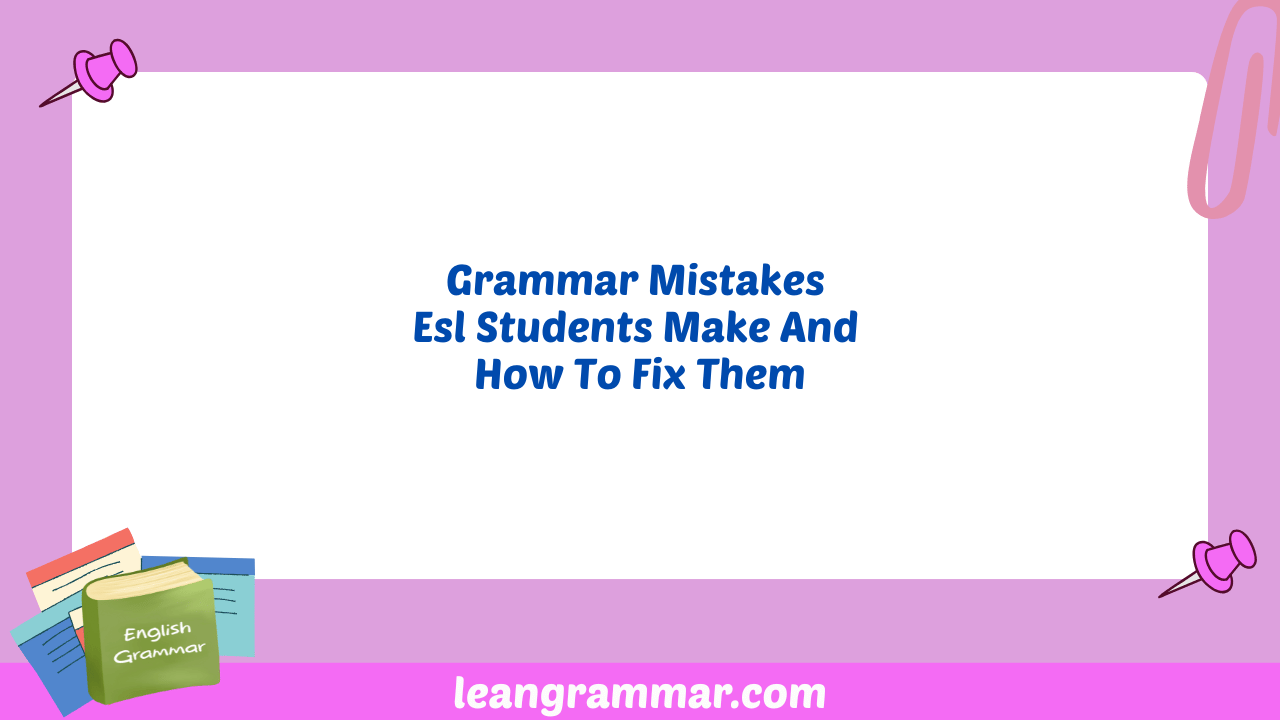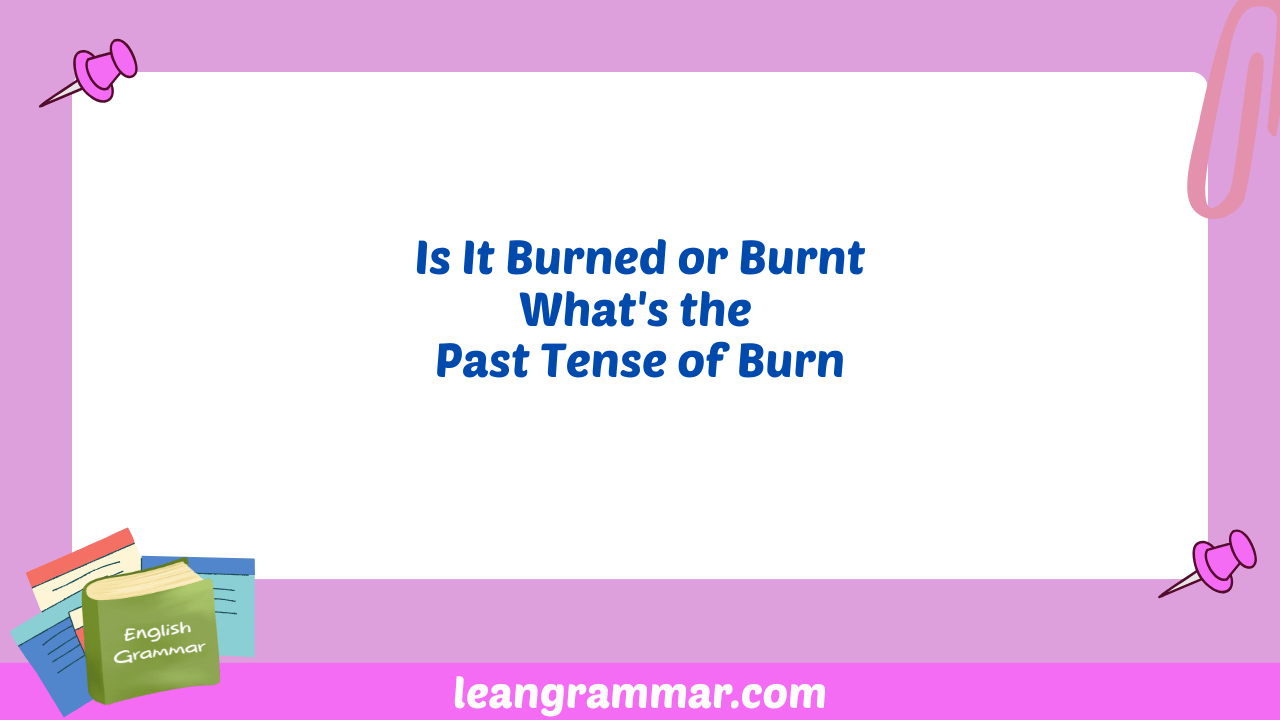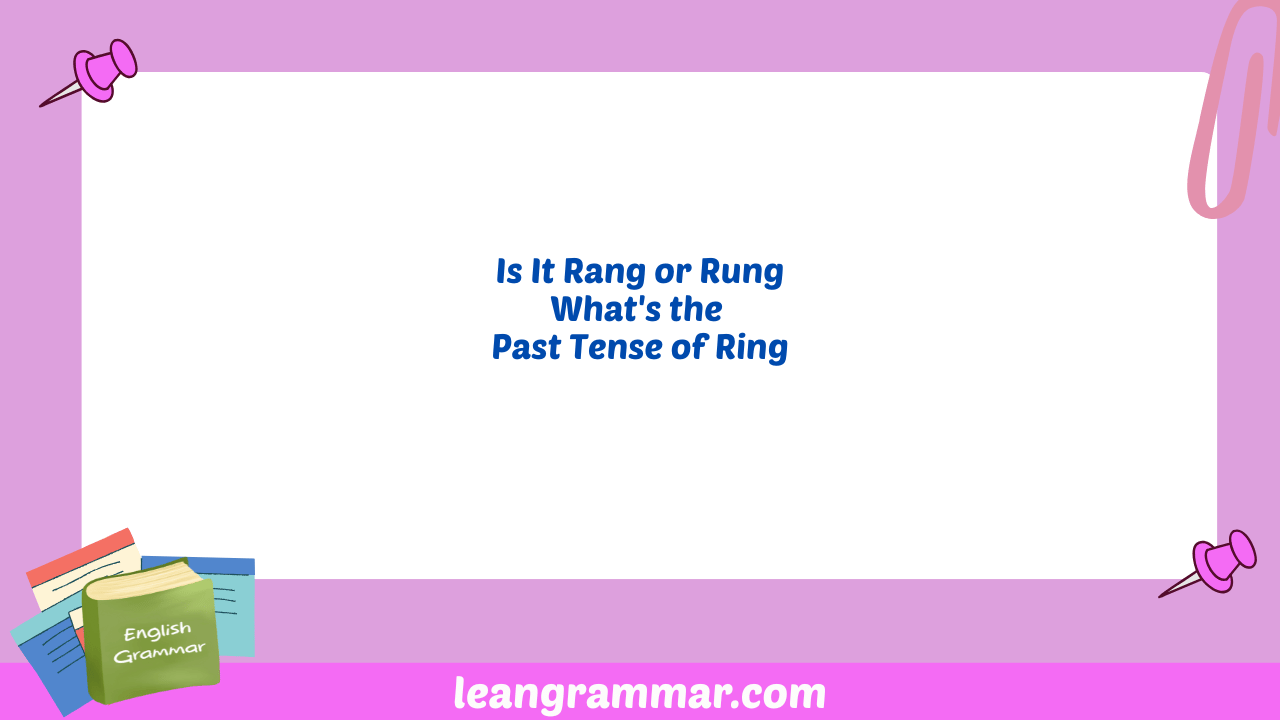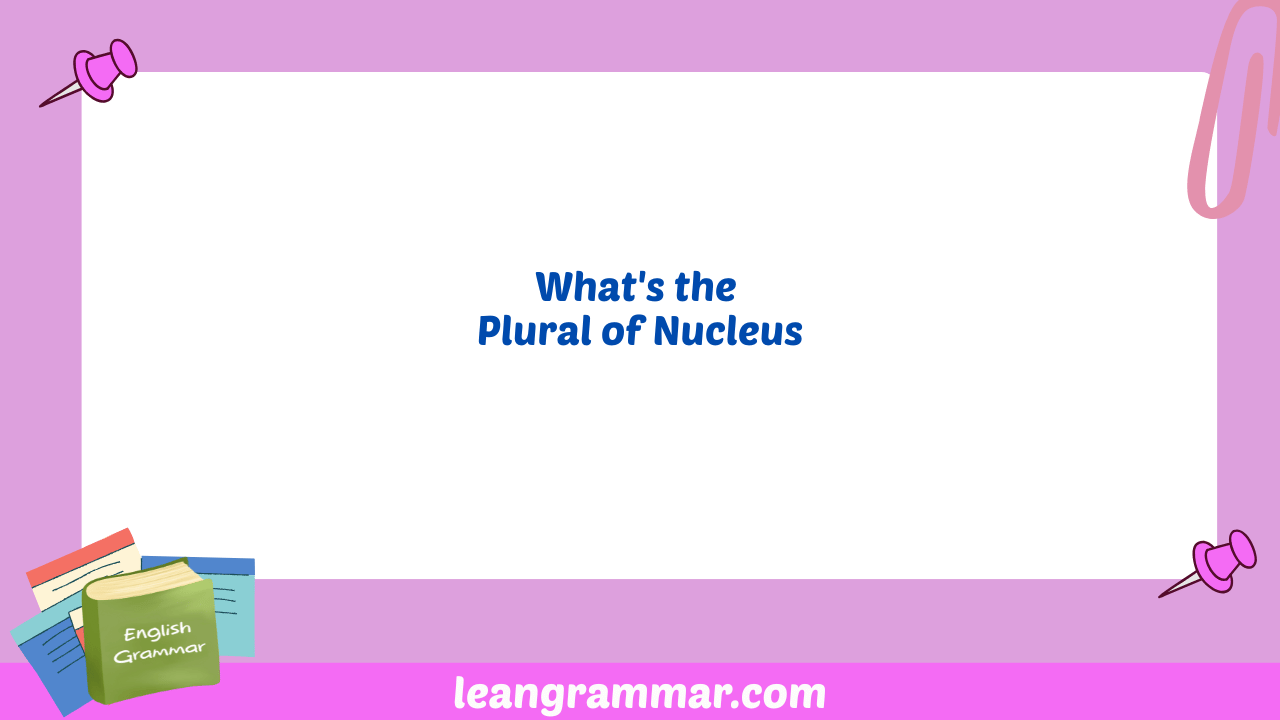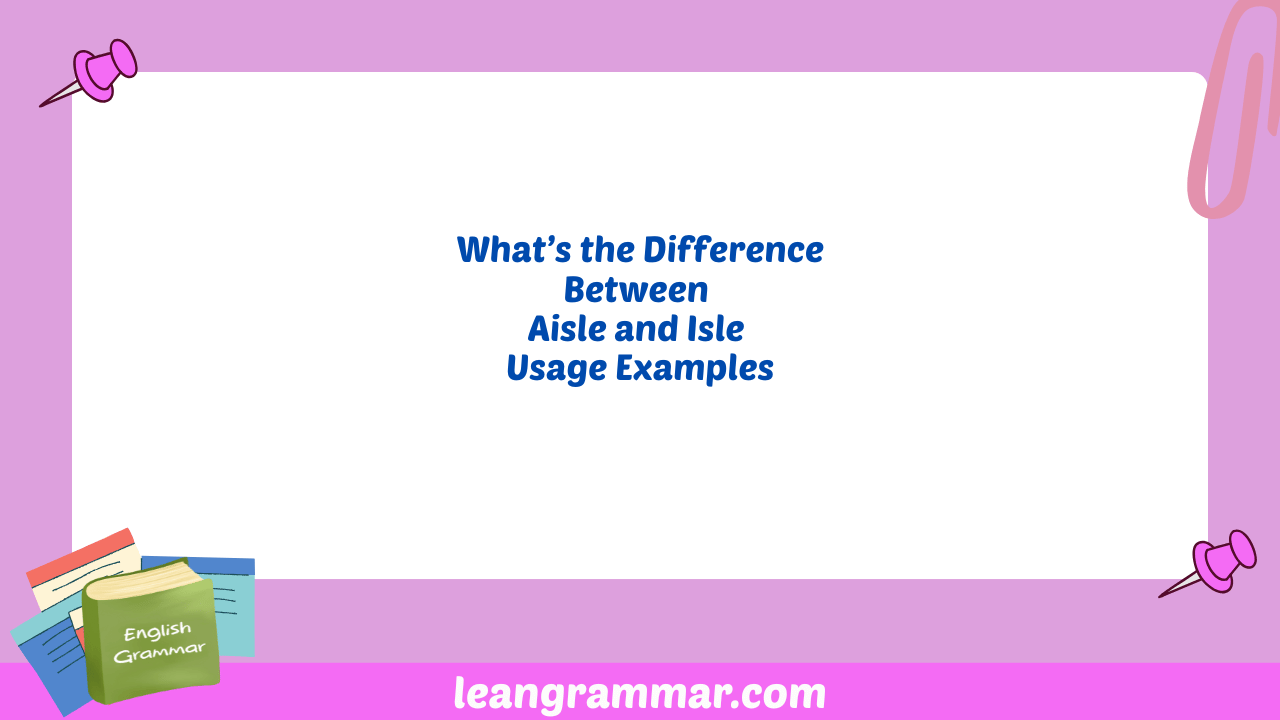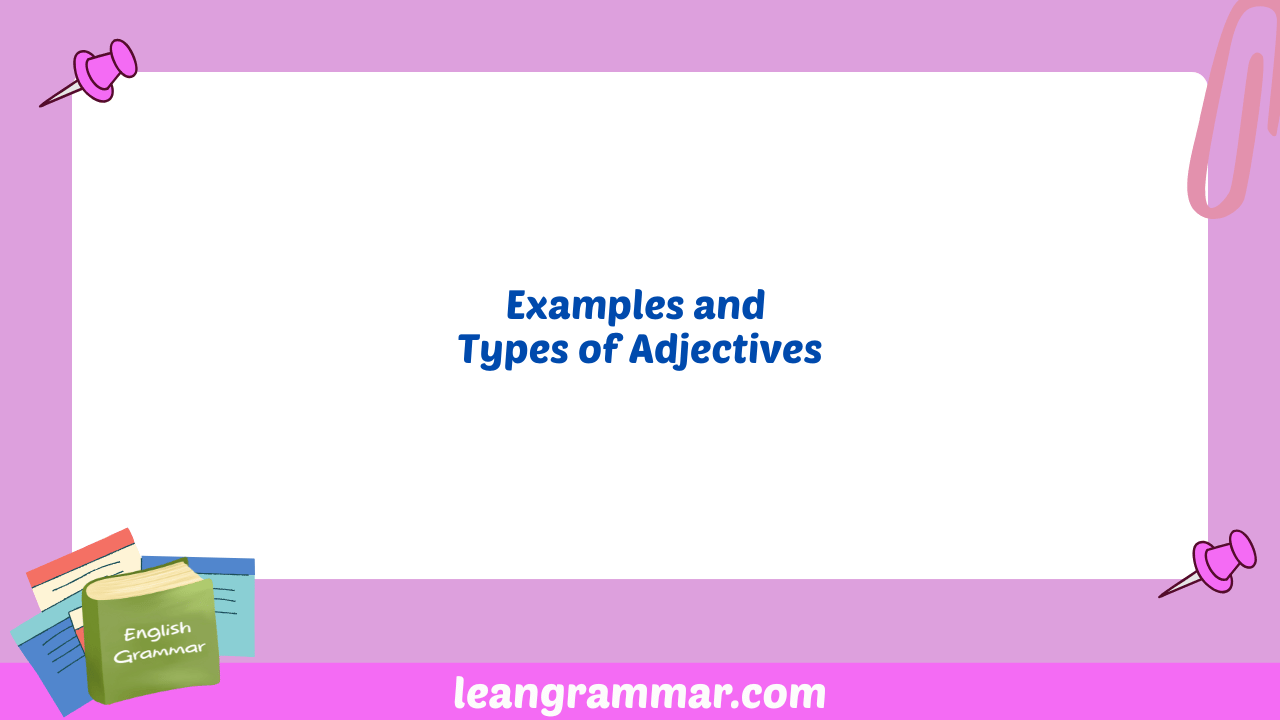ESL Daily Routine: Mastering Present Simple Conversation
Talking about daily routines is a fundamental skill for English language learners. It provides a practical context for using the present simple tense, which is one of the first tenses learners encounter. Mastering this skill allows students to describe their everyday lives, understand others’ routines, and engage in basic conversations. This ability is essential for … Read more
